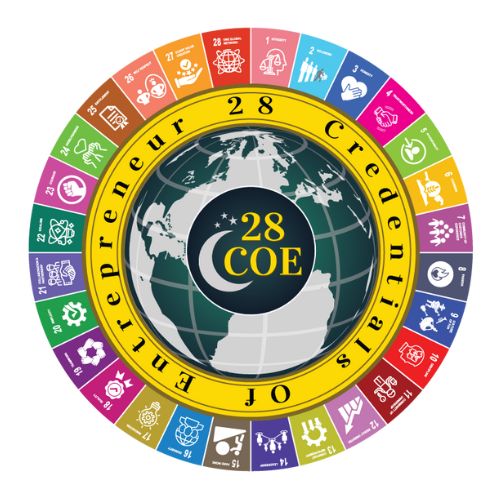The Culture of Honesty: The Invisible Engine Behind Every Lasting Success
In the pursuit of success—whether personal, professional, or societal—there lies one enduring foundation that remains unshaken across all generations: honesty.
We live in an era of artificial intelligence, digital transformation, and global connectivity. Data drives decisions, algorithms predict behavior, and systems optimize performance. But amidst this technological advancement, one timeless principle remains critical for sustainable growth—a culture of honesty.
It is not a trendy concept. It is not a corporate buzzword. It is the lifeblood of trust, the currency of reputation, and the gateway to long-term prosperity.
Why the Culture of Honesty Matters More Than Ever
In a world oversaturated with filtered information and polished personas, people are no longer seeking perfection—they are seeking truth. Clients want transparency. Employees want authenticity. Leaders who speak and act truthfully stand out in a landscape where manipulation, misinformation, and deception have become all too common.
Here’s the reality: a culture of honesty is not a luxury. It is a strategic necessity.
Search engines prioritize high-quality, trustworthy content.
Consumers reward brands they can believe in.
Teams stay loyal to organizations where truth is not penalized but protected.
When honesty becomes a living part of your organization’s DNA, everything changes—from how you are perceived to how high you rise.
The Urgency to Build it Now
Waiting to build a culture of honesty is like waiting to drink water until after a drought has begun. The damage of dishonesty may not show up today, but when it does, it will be deep, lasting, and difficult to reverse.
Here’s the uncomfortable truth: every dishonest act erodes credibility. Every cover-up sows distrust. Every half-truth threatens the foundation you’ve built.
Companies crumble not because of external competition but because of internal corrosion. Talented employees leave toxic environments. Customers shift their loyalty when they sense manipulation. Investors pull out when transparency is lacking.
The cost of dishonesty is silent at first—but devastating in the end.
Practical Actions You Can Take Today
-
Start from the top – Leadership must embody honesty in decision-making and communication.
-
Audit your content – Remove exaggerated claims, misleading headlines, and outdated promises.
-
Build transparent systems – Make it safe for employees to speak up and give feedback.
-
Create honest marketing – Sell your strengths, but don’t oversell. Customers respect the truth.
-
Review your company values – If honesty isn’t at the center, rebuild your cultural blueprint.
-
Be accountable – When mistakes happen (and they will), own them and correct them.
-
Educate your team – Train for honesty. Reward it. Protect it.
Final Thought: The Legacy You Leave
In the end, businesses, brands, and even leaders are remembered not by the promises they made, but by the truths they lived.
You can choose the path of shortcuts, clever tactics, and short-term wins. Or you can commit to a culture of honesty—and build something that stands the test of time.
Because honesty is not just the best policy—it is the only policy that builds empires of trust, brands of value, and legacies that matter.
Act now. Lead with integrity. The future belongs to the honest.

